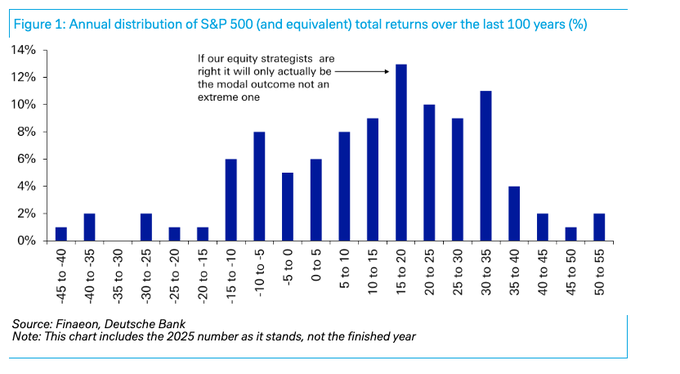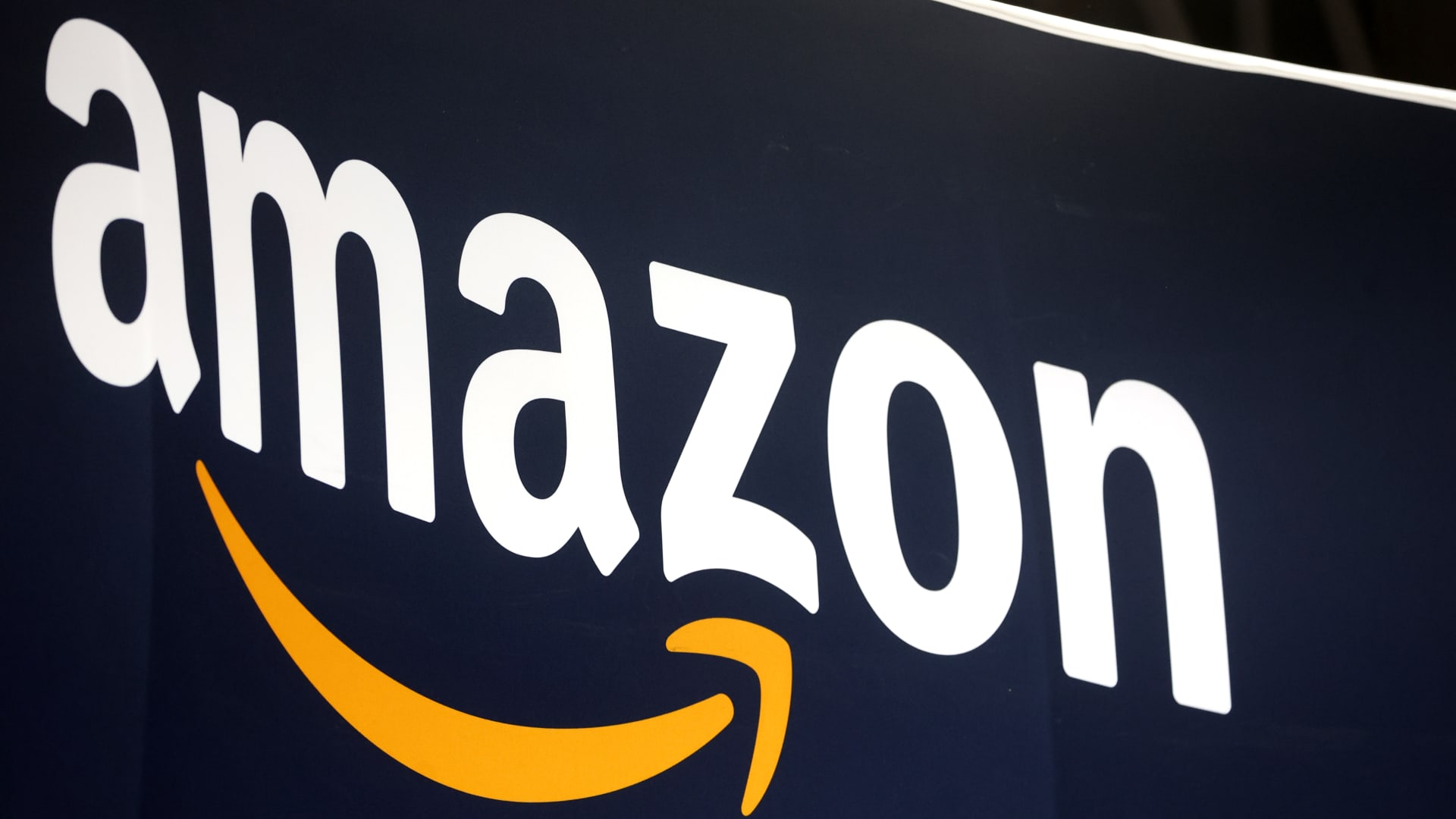Disney’s Bob Iger has until next month to drum up $8.6 billion in cash to buy the rest of streaming service Hulu, but that’s only the start—and it could end up being far more expensive for the CEO.
The ailing entertainment giant needs to transfer that sum by Dec. 1 to Hulu’s 33% minority owner, Comcast, as stipulated contractually under a put option that the NBCUniversal parent exercised on Wednesday.
The impending Hulu deal has raised questions over how Disney can fund the purchase. Management has insisted its balance sheet is healthy enough with about $11.5 billion of cash, while it can still tap another $10.5 billion in revolving credit lines if needed. This should be more than enough to guarantee it can still meet its commitment for a modest dividend, its first since the pandemic.
But Disney investors won’t know for certain how much the deal will end up costing them until next year at the earliest, since the company’s value is disputed and the current installment is only a guaranteed minimum.
An appraisal of Hulu’s assets and liabilities as of Sept. 30 of this year will be conducted as part of the deal, well over four years after the two sides first struck the agreement in May 2019, when Hulu was worth $27.5 billion. At the time, Disney agreed to Comcast’s put option to force Disney to buy it out in exchange for full operational control over Hulu.
Presumably the streaming service, Disney’s only profitable direct-to-consumer offering, has appreciated since then. That means Comcast CEO Brian Roberts will be looking to crystallize these gains in book value for his own shareholders.
“While the timing of the appraisal process is uncertain, we anticipate it should be completed during the 2024 calendar year,” Disney said in a statement on Wednesday.
Disney does not quantify Hulu’s financial contribution to its bottom line, but its fiscal third quarter results show it generated $12.39 in monthly revenue per user thanks to its proven ability to raise money via ads. By comparison, loss-making Disney+, which only recently introduced an ad-tier, only made $7.31 in such monthly revenue per paid subscriber domestically. The two roughly have the same amount of U.S. subscribers at 44 million and 46 million, respectively.
Disney’s troubles range from studios to streaming
The Hulu transaction comes at a challenging moment for Iger, who is fast approaching the one-year anniversary of his sudden return after successor Bob Chapek was ousted late last November.
Disney’s linear TV business is suffering a steady decline in profitability as ad dollars seep away from cable and free-to-air programming channels. Iger’s answer has been to invest in on-demand streaming, but Disney+ remains half a billion in the red on a quarterly basis due to high production budgets for exclusive films and series.
Meanwhile his studio assets including Disney Animation, Pixar and Lucasfilm have lately produced one flop after the other with critics bemoaning lazy storytelling that focuses too heavily on retreading old ground using gender and race-swapped characters.
A live-action remake of the animated classic that first put century-old Disney on the map, Snow White and the Seven Dwarfs, has been dogged by controversy over its star, Rachel Zegler, and now got pushed back a full year to March 2025 in the hopes moviegoers might forget.
While satire show South Park merely “skewered” Iger’s alleged pandering, other rivals have swooped in to capture the current zeitgeist.
NBCUniversal’s nostalgic romp The Super Mario Bros. Movie and Sony’s animated Spider-Man sequel centered around its original black character, Miles Morales, have soaked up demand for family-oriented fare this year, leaving Disney’s race-swapped remake of The Little Mermaid to trail in their wake.
Even Marvel Studios, long reliable for churning out billion-dollar blockbusters, finds itself in the midst of its first genuine crisis as the fifth phase of the Marvel Cinematic Universe looks to be its weakest yet.
The latest MCU installment, The Marvels, is expected to earn no more than $189 million domestically, less than half of its predecessor, Captain Marvel, which teed up Phase 3’s Avengers: Endgame. Now a Variety expose revealed studio boss Kevin Feige is considering bringing back beloved characters like Iron Man after their purported replacements, such as Iron Heart, landed with a thud.
Disney’s own activist investor, Nelson Peltz, will likely have a lot to say to the board about the Hulu deal and many more issues privately, when Iger unveils his fiscal fourth quarter results next Wednesday.
















